
If you’re interested in investing in Bitcoin, it’s important to be aware of the potential scams that exist in Singapore. There are many different types of scams that you could fall victim to, but there are also ways to protect yourself and your investment. In this article, we’ll explore some of the most common Bitcoin scams in Singapore and provide you with tips on how to avoid them.
Before we dive into the scams, it’s important to understand the basics of Bitcoin and cryptocurrency. Bitcoin is a digital currency that operates independently of a central bank. It’s a decentralized currency that’s stored on a public ledger called the blockchain. Cryptocurrency is a digital asset that is designed to work as a medium of exchange. It uses cryptography to secure and verify transactions, as well as to control the creation of new units. Understanding these basics will help you to recognize scams when they occur.
Now that you have a basic understanding of Bitcoin and cryptocurrency, let’s take a look at some of the common scams that you should be aware of. These scams include phishing, fake exchanges, Ponzi schemes, and more. By recognizing these scams and taking preventative measures to protect yourself, you can invest in Bitcoin with confidence.
Understanding the Basics of Bitcoin and Cryptocurrency
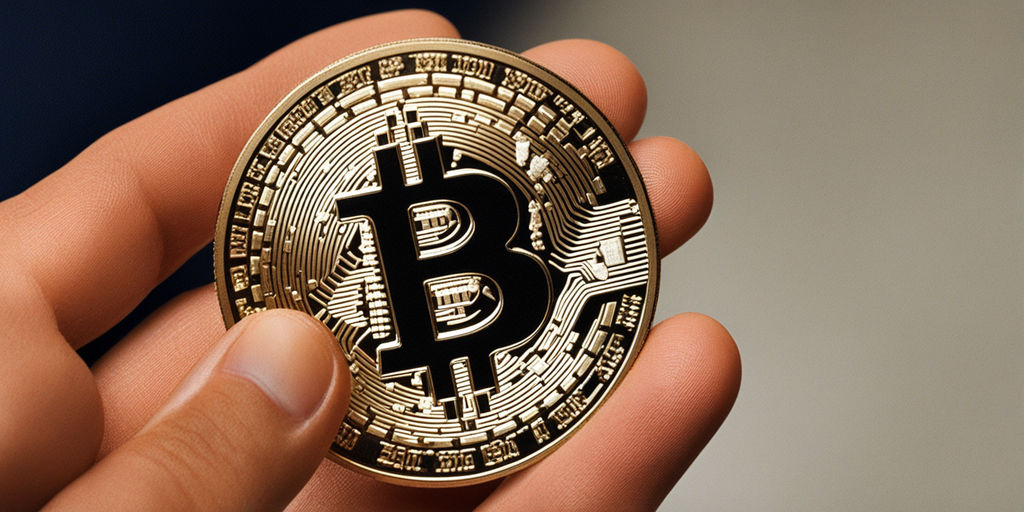
If you’re new to the world of cryptocurrency, it can be overwhelming to understand the basics of Bitcoin and cryptocurrency. However, it’s important to have a good grasp of the fundamentals to avoid falling prey to scams. In this section, we’ll cover the basics of Bitcoin and cryptocurrency, including what Bitcoin is, how cryptocurrency works, and blockchain technology.
What Is Bitcoin?
Bitcoin is a type of digital currency that allows peer-to-peer transactions without the need for intermediaries like banks. It was created in 2009 by an anonymous person or group of people using the pseudonym Satoshi Nakamoto. Bitcoin is decentralized, meaning that it’s not controlled by any government or financial institution. Instead, it’s based on a decentralized ledger called the blockchain.
How Cryptocurrency Works
Cryptocurrency is a type of digital currency that uses cryptography to secure and verify transactions. It’s decentralized, meaning that it’s not controlled by any government or financial institution. Instead, it’s based on a decentralized ledger called the blockchain. When you make a cryptocurrency transaction, it’s recorded on the blockchain, which is a public ledger that’s maintained by a network of computers around the world. This makes it difficult for anyone to manipulate the system or steal your cryptocurrency.
Blockchain Technology Explained
Blockchain technology is the underlying technology that powers Bitcoin and other cryptocurrencies. It’s a decentralized ledger that’s maintained by a network of computers around the world. When you make a transaction, it’s recorded on the blockchain, which is a public ledger that’s maintained by the network. Each block in the blockchain contains a cryptographic hash of the previous block, which makes it difficult for anyone to tamper with the system.
In summary, Bitcoin and cryptocurrency are digital currencies that use blockchain technology to secure and verify transactions. Understanding the basics of Bitcoin and cryptocurrency is important to avoid falling prey to scams. In the next section, we’ll cover some of the most common Bitcoin scams in Singapore and how to avoid them.
Recognising Common Bitcoin Scams
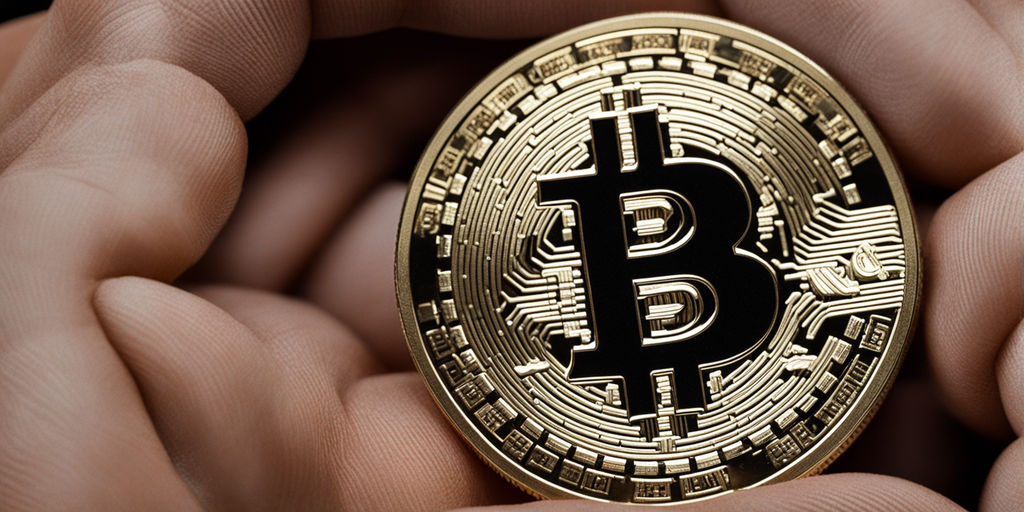
If you’re interested in investing in Bitcoin, you need to be aware of the various scams that exist in the market. Here are some common Bitcoin scams in Singapore that you should be aware of:
Phishing Attempts
Phishing attempts are one of the most common Bitcoin scams in Singapore. Scammers use emails, text messages, or social media messages to trick you into clicking on a link that takes you to a fake website. Once you enter your login details, the scammers can steal your Bitcoin. To avoid phishing attempts, always double-check the URL and never enter your login details on a website that you are not sure is legitimate.
Ponzi and Pyramid Schemes
Ponzi and pyramid schemes are also common in the Bitcoin market. These schemes promise high returns on your investment but are actually illegal and unsustainable. The returns are paid out to earlier investors using the money from new investors. Eventually, the scheme collapses, and most investors lose their money. To avoid these scams, always do your research and never invest in anything that seems too good to be true.
Fake Exchanges and Wallets
Fake exchanges and wallets are another common Bitcoin scam in Singapore. Scammers create fake websites that look like legitimate exchanges or wallets. Once you deposit your Bitcoin, the scammers can steal it. To avoid these scams, always use reputable exchanges and wallets and never deposit your Bitcoin on a website that you are not sure is legitimate.
Impersonation and Social Media Frauds
Impersonation and social media frauds are also common in the Bitcoin market. Scammers create fake social media accounts that look like legitimate accounts. They then contact you and offer to sell you Bitcoin at a lower price. Once you send them your money, they disappear, and you never receive your Bitcoin. To avoid these scams, always double-check the social media account and never send money to someone you do not know.
Investment and Trading Scams
Investment and trading scams are also common in the Bitcoin market. Scammers promise high returns on your investment or offer to trade Bitcoin on your behalf. Once you send them your money, they disappear, and you never receive your returns or your Bitcoin. To avoid these scams, always do your research and never invest in anything that seems too good to be true.
In conclusion, Bitcoin scams are prevalent in Singapore, and you need to be careful when investing in Bitcoin. Always do your research, use reputable exchanges and wallets, and never invest in anything that seems too good to be true.
Preventative Measures to Protect Yourself
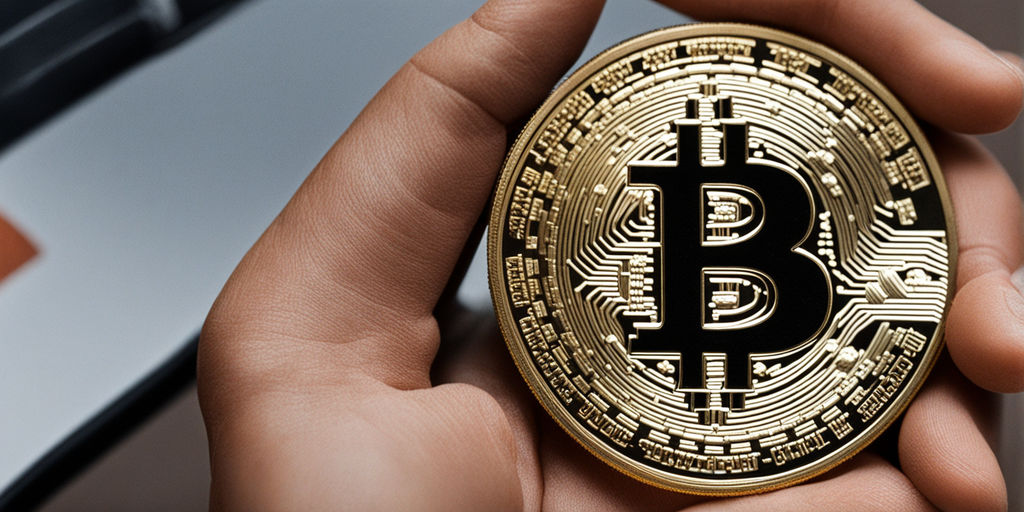
Excited about the possibilities of investing in Bitcoin? Before you take the plunge, it’s important to understand the risks and take preventative measures to protect yourself. Here are a few tips to keep in mind:
Conducting Due Diligence
When it comes to investing in Bitcoin, conducting due diligence is key. This means researching the cryptocurrency exchange you plan to use and making sure it is reputable. Look for reviews online and check to see if the exchange is regulated by the Monetary Authority of Singapore (MAS). You should also check the exchange’s security features and make sure they are up to par.
Understanding the Importance of Security
Security is a crucial aspect of investing in Bitcoin. Make sure to use a strong password for your cryptocurrency exchange account and enable two-factor authentication (2FA) for added security. You should also avoid using public Wi-Fi when accessing your exchange account and keep your computer’s antivirus software up to date.
Regulations and Legal Framework
It’s important to understand the regulations and legal framework surrounding Bitcoin in Singapore. The MAS has issued guidelines for cryptocurrency exchanges operating in Singapore, and you should make sure that the exchange you plan to use is compliant with these guidelines. This can help to ensure that your investment is protected and that you are not at risk of falling victim to a scam.
By taking these preventative measures, you can help to protect yourself when investing in Bitcoin. Remember to conduct due diligence, prioritize security, and stay up to date with the latest regulations and legal framework.
The Role of Authorities in Combating Scams

As the use of Bitcoin and other cryptocurrencies becomes more widespread, so do the scams associated with them. Fortunately, authorities in Singapore and around the world are taking steps to combat these scams and protect consumers.
Singapore Police Force’s Efforts
The Singapore Police Force (SPF) has been actively working to combat Bitcoin scams in Singapore. In 2019, the SPF set up the Anti-Scam Centre (ASC) to serve as the Police’s nerve centre for investigating scam-related crimes. The ASC aims to disrupt and prevent scam operations so as to mitigate victims’ monetary losses through the swift recovery of funds.
The SPF has also deepened its partnership with the Monetary Authority of Singapore (MAS) and local banks in Singapore on various measures such as removing clickable links from official emails and SMSes, setting lower default transaction limits, and an emergency self-service “kill switch” to allow accounts to be frozen in the event of a scam.
If you suspect that you have been a victim of a Bitcoin scam, you can file a police report with the SPF. The police will investigate the matter and take appropriate action.
Global Cooperation Against Crypto Scams
Bitcoin scams are not limited to Singapore, they are a global problem. As such, there is a need for global cooperation in combating these scams.
The Financial Action Task Force (FATF) is an inter-governmental body that sets standards and promotes the implementation of legal, regulatory and operational measures for combating money laundering, terrorist financing and other related threats to the integrity of the international financial system. The FATF has issued guidance on virtual assets and virtual asset service providers to help prevent their misuse for money laundering and terrorist financing.
Moreover, the Monetary Authority of Singapore (MAS) has signed a Memorandum of Understanding (MOU) with the Australian Securities and Investments Commission (ASIC) to promote innovation in financial services and combat cross-border fraud.
By working together, authorities around the world can better protect consumers from Bitcoin scams and other forms of financial fraud.
What to Do If You Fall Victim to a Bitcoin Scam
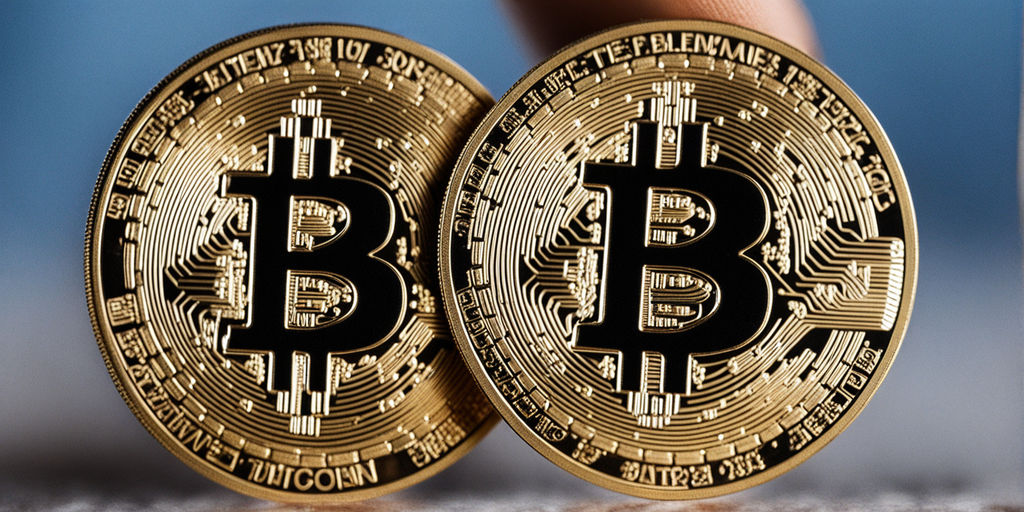
It’s an unfortunate reality that many people fall victim to Bitcoin scams in Singapore. If you’ve lost your hard-earned money to a scam, it’s important to take action as soon as possible. Here are some steps you can take:
Reporting to the Authorities
The first thing you should do if you’ve fallen victim to a Bitcoin scam is to report it to the police. You can make a police report at any police station in Singapore or online via the Singapore Police Force website. Be sure to provide as much information as possible, including any evidence you have of the scam.
You can also report the scam to the Monetary Authority of Singapore (MAS) via their website. The MAS is the regulator for the financial industry in Singapore, and they take scams very seriously.
Seeking Legal Recourse
If you’ve lost a significant amount of money to a Bitcoin scam, you may want to consider seeking legal recourse. You can consult with a lawyer who specializes in fraud cases to see if you have a case.
It’s important to note that legal action can be expensive and time-consuming, so it may not be the best option for everyone. However, if you’ve lost a large amount of money, it may be worth pursuing.
In conclusion, if you fall victim to a Bitcoin scam in Singapore, it’s important to take action as soon as possible. Reporting the scam to the authorities and seeking legal recourse are two options you can consider. Remember to always be cautious when dealing with Bitcoin or any other cryptocurrency, and never invest more money than you can afford to lose.
Staying Informed: Resources and Community Support

Keeping yourself informed about the latest scams and fraudulent activities in the world of Bitcoin is crucial to avoid falling prey to them. Fortunately, there are several educational platforms and forums that can help you stay up-to-date with the latest developments.
Educational Platforms and Forums
There are several online platforms and forums that offer valuable insights and educational resources to help you stay informed about Bitcoin scams. Some of the most popular ones include:
- BitcoinTalk: This is one of the oldest and most popular Bitcoin forums where you can find discussions about various Bitcoin-related topics, including scams and frauds.
- CoinDesk: This is a leading digital media platform that covers the latest news and developments in the world of cryptocurrencies, including Bitcoin. You can find several articles, guides, and educational resources on this platform to help you stay informed.
- Bitcoin Magazine: This is another popular digital media platform that offers news, analysis, and educational resources related to Bitcoin and other cryptocurrencies.
Leveraging Expert Reviews
One of the best ways to avoid falling prey to Bitcoin scams is to leverage expert reviews and recommendations. There are several online resources that provide unbiased reviews and recommendations on various Bitcoin-related products and services. Some of the most popular ones include:
- CryptoCompare: This is a leading cryptocurrency data and analysis platform that provides comprehensive reviews and ratings of various Bitcoin-related products and services, including exchanges, wallets, and mining pools.
- CoinGecko: This is another popular cryptocurrency data and analysis platform that provides detailed reviews and ratings of various Bitcoin-related products and services.
- Trustpilot: This is a popular online review platform where you can find user reviews and ratings of various Bitcoin-related products and services, including exchanges, wallets, and trading platforms.
By staying informed about the latest Bitcoin scams and leveraging expert reviews and recommendations, you can protect yourself from falling prey to fraudulent activities in the world of Bitcoin.
Future Trends in Cryptocurrency Scams
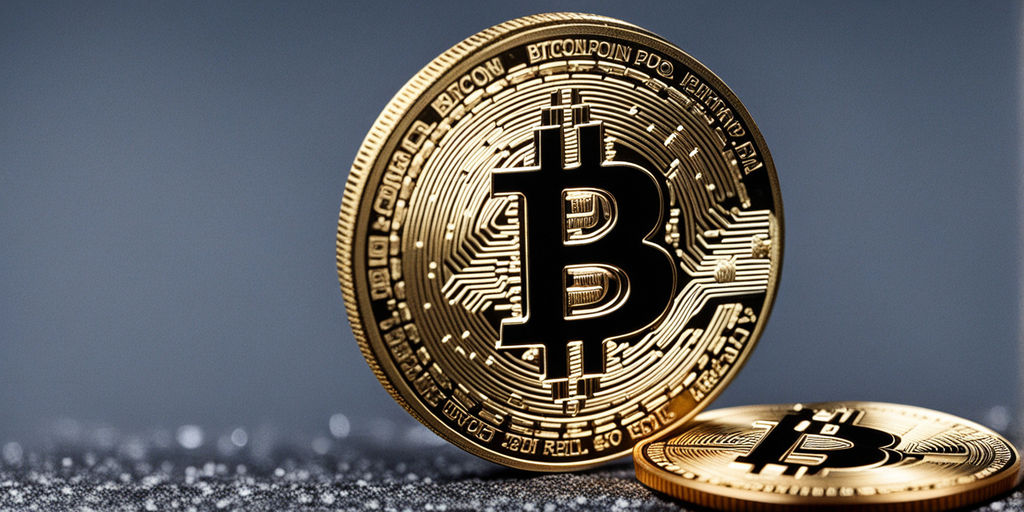
As the popularity of cryptocurrencies continues to grow, the number of cryptocurrency scams is also on the rise. It’s important to stay informed about emerging threats and advancements in scam techniques to protect yourself from falling victim to these scams.
Emerging Threats
One emerging threat is the rise of fake cryptocurrency exchanges and wallets. These scams can be difficult to spot because they often have professional-looking websites and marketing materials. However, they are designed to steal your cryptocurrency and personal information.
Another emerging threat is the use of social media to promote cryptocurrency scams. Scammers will create fake social media profiles and use them to promote fake ICOs or investment opportunities. They may also use social media to spread malware that can steal your cryptocurrency wallet information.
Advancements in Scam Techniques
Scammers are constantly innovating new ways to steal your cryptocurrency. One recent innovation is the use of deepfake technology to create fake videos of celebrities endorsing fake ICOs. These videos can be very convincing and can trick people into investing in a scam.
Another advancement is the use of ransomware to extort cryptocurrency from victims. Scammers will infect a victim’s computer with ransomware and demand payment in cryptocurrency to release the victim’s files.
To protect yourself from these emerging threats and advancements in scam techniques, it’s important to stay informed and be vigilant. Always do your due diligence before investing in any cryptocurrency opportunity, and be wary of unsolicited offers or requests for personal information.
Conclusion: Empowering Yourself in the Digital Age
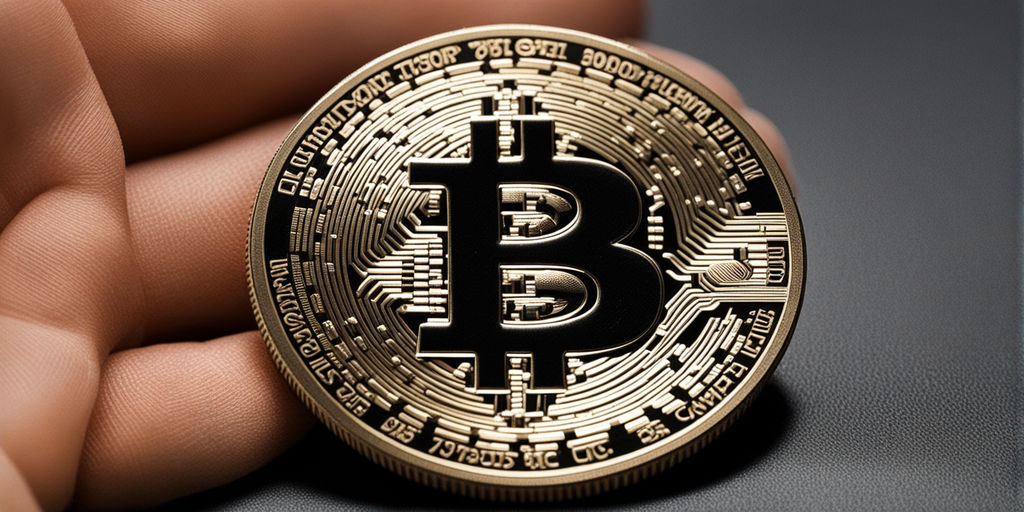
By now, you should have a good understanding of the most common Bitcoin scams in Singapore and how to avoid them. With the rise of cryptocurrency and blockchain technology, it’s important to stay vigilant and protect yourself from potential fraud.
Remember, the best way to avoid scams is to educate yourself and stay informed. Keep up-to-date with the latest news and developments in the cryptocurrency world, and always be cautious when dealing with unfamiliar websites or individuals.
Here are a few tips to help you stay safe:
- Always verify the legitimacy of a cryptocurrency exchange or wallet before using it. Check for reviews, ratings, and other indicators of trustworthiness.
- Never share your private keys or other sensitive information with anyone. Keep your cryptocurrency secure by storing it in a hardware wallet or cold storage.
- Be wary of unsolicited emails, messages, or phone calls that ask for personal or financial information. Scammers often pose as legitimate companies or individuals to trick you into giving them access to your funds.
- If you suspect that you’ve been the victim of a Bitcoin scam, report it to the authorities immediately. The Singapore Police Force has a dedicated website for reporting scams and frauds, and you can also contact the Monetary Authority of Singapore (MAS) for assistance.
By following these simple steps, you can empower yourself in the digital age and protect your hard-earned money from Bitcoin scams in Singapore.
Frequently Asked Questions

What are the tell-tale signs of a Bitcoin scam?
Bitcoin scams often come in the form of unsolicited emails, text messages, or phone calls that promise high returns for little to no effort. Scammers may also create fake social media profiles or websites to lure unsuspecting victims. Be wary of any investment opportunity that seems too good to be true, and always do your research before investing.
How can one safeguard against cryptocurrency fraud in Singapore?
One of the best ways to safeguard against cryptocurrency fraud in Singapore is to only use reputable exchanges and wallets. Always verify the legitimacy of the platform before making any transactions. Additionally, be cautious of any unsolicited messages or emails, and never give out your personal information.
What steps should I take to ensure I don’t fall victim to a Bitcoin scam?
To ensure you don’t fall victim to a Bitcoin scam, always do your research before investing. Check the legitimacy of the platform and read reviews from other users. Be wary of any investment opportunity that promises high returns for little to no effort. Additionally, never give out your personal information or send money to anyone you don’t know or trust.
Can you identify common Bitcoin scamming tactics used on platforms like Telegram?
Common Bitcoin scamming tactics used on platforms like Telegram include impersonating legitimate businesses or individuals, offering fake investment opportunities, and creating fake social media profiles or websites. Always be cautious of unsolicited messages or emails, and never give out your personal information.
What are the latest protective measures against Bitcoin scams as of 2021?
As of 2021, some of the latest protective measures against Bitcoin scams include using two-factor authentication, monitoring your accounts regularly, and only using reputable exchanges and wallets. Additionally, staying up-to-date on the latest scamming tactics can help you avoid falling victim to a Bitcoin scam.
Who should I contact if I suspect I’ve encountered a Bitcoin scam in Singapore?
If you suspect you’ve encountered a Bitcoin scam in Singapore, you should contact the Singapore Police Force’s Anti-Scam Centre at 1800-722-6688 or visit their website at https://www.scamalert.sg/. Remember to always report any suspicious activity to the authorities.

